VIDEO – TUCKER CARLSON – WHY ARE THE DEMOCRATS SO ANGRY ?
Sunday, February 14th, 2021
October 13, 2019
MY CORNER by Boyd Cathey
President Trump Is Right On Syria!
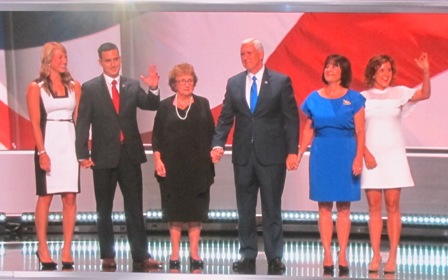
Mike Pence and family www.youtube.com/watch?v=Z3pW27TMgr4%5B/caption%5D
Governor Mike Pense of Indiana www.youtube.com/watch?v=Z3pW27TMgr4
[caption id="attachment_17656" align="alignnone" width="448"]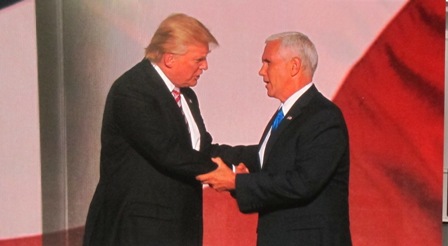 Donald Trump and Mike Pence
Donald Trump and Mike Pence
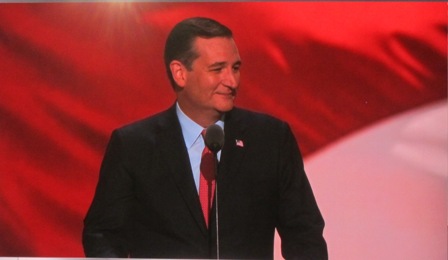
Senator Ted Cruz of Texas
www.youtube.com/watch?v=XDhqM9ZnVmI%5B/caption%5D
[caption id="attachment_17660" align="alignnone" width="448"]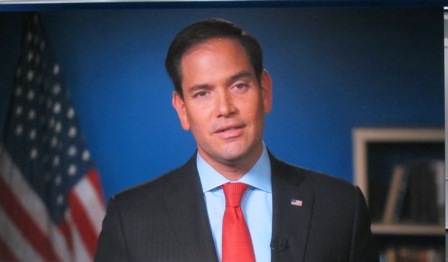 Senator Marco Rubio
Senator Marco Rubio
www.youtube.com/watch?v=vjwFw0WfB-I%5B/caption%5D
[caption id="attachment_17661" align="alignnone" width="448"]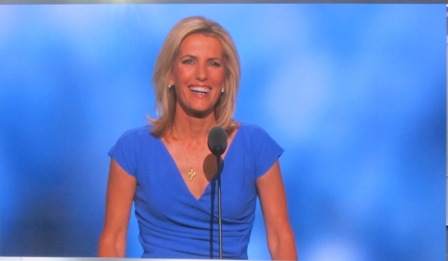 Laura Ingraham **********
Laura Ingraham **********
www.youtube.com/watch?v=sqNhDVcvrsg
(She definitely brought down the house with this one ! )

Governor Scott Walker of Wisconsin
www.youtube.com/watch?v=dsz61dalaHY%5B/caption%5D
[caption id="attachment_17664" align="alignnone" width="448"]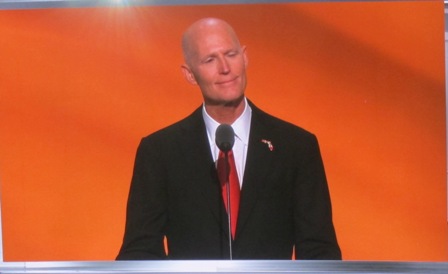 Florida Governor Rick Scott
Florida Governor Rick Scott
www.youtube.com/watch?v=uINk3fZ2cfY%5B/caption%5D
[caption id="attachment_17665" align="alignnone" width="448"]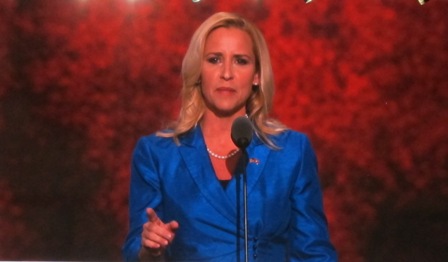 Arkansas Attorney General Leslie Rugledge
Arkansas Attorney General Leslie Rugledge
www.youtube.com/watch?v=X7Z1OOvBDPs%5B/caption%5D
[caption id="attachment_17666" align="alignnone" width="372"] Colonel Eileen Collins, Ret, Former Commander, U.S. Space Shuttle
Colonel Eileen Collins, Ret, Former Commander, U.S. Space Shuttle
www.youtube.com/watch?v=36lvD-EEpZg%5B/caption%5D
[caption id="attachment_17667" align="alignnone" width="448"]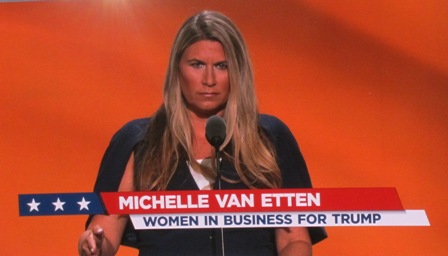 www.youtube.com/watch?v=8OoMNrtZG0E%5B/caption%5D
www.youtube.com/watch?v=8OoMNrtZG0E%5B/caption%5D
[caption id="attachment_17668" align="alignnone" width="448"]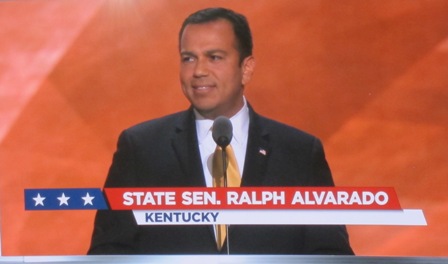 www.youtube.com/watch?v=Vgmvxfsue1k%5B/caption%5D
www.youtube.com/watch?v=Vgmvxfsue1k%5B/caption%5D
[caption id="attachment_17669" align="alignnone" width="448"] Darrell Scott, Senior Pastor, New Spirit Revival Center Ministries
Darrell Scott, Senior Pastor, New Spirit Revival Center Ministries
www.youtube.com/watch?v=C2FquR7XaaQ%5B/caption%5D
[caption id="attachment_17670" align="alignnone" width="345"]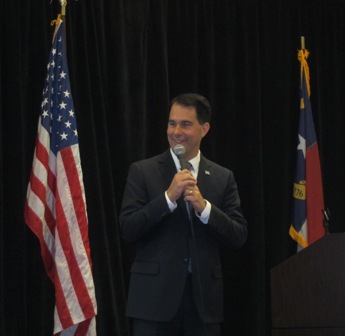 Governor Scott Walker of Wisconsin
Governor Scott Walker of Wisconsin

From the left: Zan Bunn, President, North Carolina Federation
of Republican Women,
and Linda Devore, a delegate from Fayetteville , North Carolina

From the left: Nancy Clark, Conservative Women’s Forum and Linda Arnold, National Federation of Republican Women, Regent Chair


